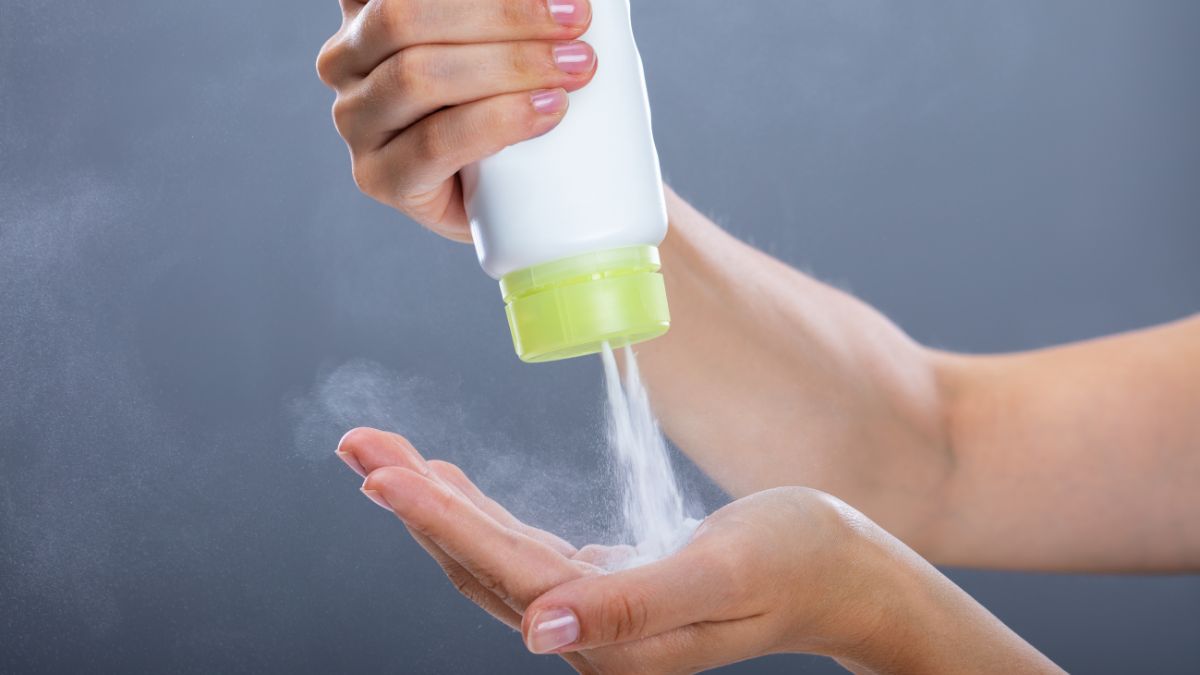
In a recent and significant development, the World Health Organization's (WHO) cancer agency has classified talc as ‘probably carcinogenic’ to humans. This announcement, made on July 5th, follows a groundbreaking study that suggests a connection between the use of talcum powder and ovarian cancer.
Table of Content:-
Talc is a naturally occurring mineral mined globally and commonly used in various products for its moisture-absorbing properties. Most people encounter talc in baby powder or cosmetics, with significant exposure occurring during the mining, processing, or manufacturing of talc-containing products.
Here's what you need to know about WHO’s crucial update and what it means for you.

The WHO's Findings on Talc
The International Agency for Research on Cancer (IARC), a part of WHO, has taken a firm stance based on emerging evidence. According to their latest report, there is ‘limited evidence’ that talc can cause ovarian cancer in humans. The agency also found ‘sufficient evidence’ of its link to cancer in rats and ‘strong mechanistic evidence’ indicating that talc exhibits carcinogenic properties in human cells.
While numerous studies have consistently reported an increased rate of ovarian cancer in women who apply talc to their genitals, previous research couldn't rule out the possibility of asbestos contamination in talc, which could have skewed the results.
For example, a study published in last month, in June 2024, concluded that only one study on medicinal talc looked at direct exposure, while some used rough estimates, and only a few studies properly considered other influencing factors. The only consistent link was with ovarian cancer in case-control studies, but these were likely affected by memory and other biases. Overall, the review published in the Critical Reviews in Toxicology did not support a direct link between talc exposure (whether at work, medicinal, or personal use) and any cancer in humans.
Also Read: Ovarian Cancer: How To Detect The Disease Early If You have No Symptoms

How Does Talc Influence Cancer?
‘A causal role for talc could not be fully established,’ the agency stated in its findings published in The Lancet Oncology. This means that while there is a noticeable association, definitive proof that talc causes cancer remains elusive.
But a study published on May 15, 2024, in the Journal of Clinical Oncology, did find a link between genital talcum powder use and ovarian cancer, which originates in the ovaries, the female organs responsible for producing eggs. The study indicated a higher risk for individuals who use the powder frequently and for extended periods.
Also Read: Ovarian Cancer: Five Silent Symptoms Every Woman Should Know
To Use Or Not To Use Talcum Powder?
The WHO's classification of talc as "probably carcinogenic" underscores the importance of being informed about the products you use. Especially because ovarian cancer often remains undetected until it has advanced to the pelvis and abdomen, making it more challenging to treat and potentially fatal.
While the evidence is not yet conclusive, it is prudent to stay updated on the latest research and consider the potential risks associated with long-term talc use.
If you have concerns about talcum powder or other talc-containing products, consider discussing them with your healthcare provider. They can provide personalised advice and help you make informed decisions about your health and well-being.
Also watch this video
How we keep this article up to date:
We work with experts and keep a close eye on the latest in health and wellness. Whenever there is a new research or helpful information, we update our articles with accurate and useful advice.
Current Version